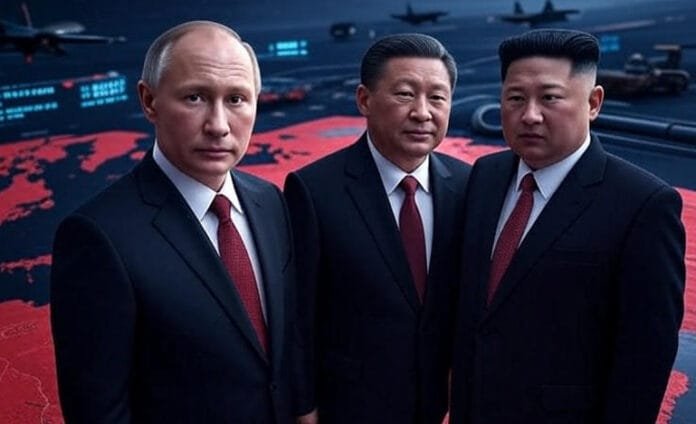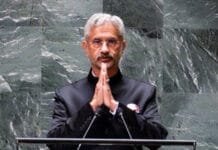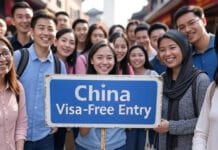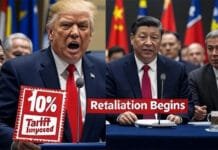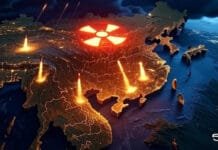China is set to host a massive Victory Day Parade in Beijing on September 3, immediately after the Shanghai Cooperation Organization (SCO) summit in Tianjin, scheduled for August 31 and September 1. The parade will commemorate the 80th anniversary of China’s victory in the War of Resistance against Japanese Aggression during World War II, as well as the global fight against fascism. According to Chinese officials, 26 foreign leaders, including Russian President Vladimir Putin and North Korean leader Kim Jong Un, have confirmed their participation in the event. Their presence, at the invitation of Chinese President Xi Jinping, highlights Beijing’s effort to project itself as a central force in shaping global geopolitics and historical memory.
China’s Assistant Foreign Minister Hong Lei emphasized that the commemoration would feature a large-scale military parade, showcasing not only China’s growing defense capabilities but also its commitment to honoring wartime sacrifices. Alongside national leaders, the event is expected to attract senior representatives from more than 10 international organizations, including United Nations Secretary-General Antonio Guterres, further raising the profile of the celebrations.
The decision to hold the parade immediately after the SCO summit is also strategically significant. With top leaders from countries such as India, Russia, Central Asian states, and other regional powers already present in China for the summit, Beijing is seizing the moment to ensure maximum global participation in its commemorative program. Indian Prime Minister Narendra Modi is also expected to attend the SCO meeting, making his potential presence at the parade closely watched.
However, the celebrations have triggered a fresh diplomatic clash between China and Japan. Japan has expressed strong displeasure at the planned event, particularly because many participating nations are also part of the SCO summit. Japanese authorities, through their embassies abroad, have urged world leaders not to attend the parade, arguing that the event carries anti-Japan sentiments. Tokyo fears the celebrations could reinforce negative historical narratives about Japan’s wartime role at a time when it is seeking to strengthen its international image.
In response, Beijing has lodged a diplomatic protest with Japan. Chinese officials accuse Tokyo of attempting to distort history by discouraging international participation. Chinese Foreign Ministry spokesman Guo Jiaqun declared, “If Japan really wants to resolve historical issues, it should honestly face its aggressive past, break completely with militarism, follow the path of peaceful development, and respect the feelings of China and other countries once subjected to Japanese oppression.”
The clash underscores how wartime memory remains a powerful and divisive issue in East Asia. For China, the Victory Day Parade is not only a military display but also a symbolic reaffirmation of its role as a victim of aggression and a victor against fascism. For Japan, however, such events deepen its diplomatic isolation and revive painful questions about historical accountability.
Ultimately, the Beijing parade will serve as both a show of military strength and a stage for geopolitical signaling. With world leaders like Putin and Kim Jong Un attending, and with Japan voicing opposition, the event has become more than a historical commemoration—it is a reflection of the shifting power dynamics in Asia and beyond.

